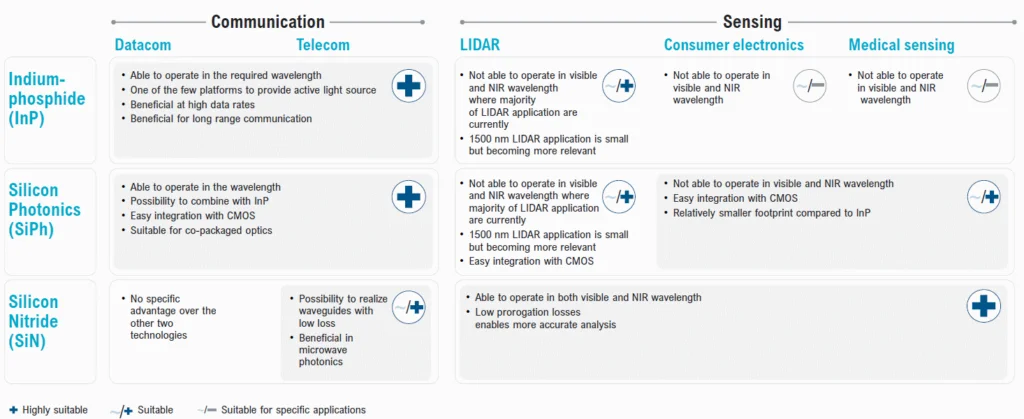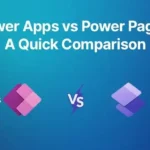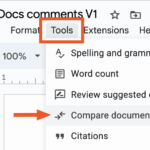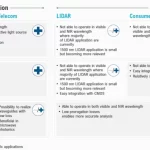Pabbly Connect vs Anypoint Platform: Key Differences Explained

Pabbly Connect vs Anypoint Platform: Key Differences Explained
In the ever-evolving landscape of technology, businesses are increasingly relying on integration tools to streamline their workflows and automate processes. Among the myriad of options available, Pabbly Connect vs Anypoint Platform stands out as a comparison that highlights two distinct approaches to integration. While both tools aim to facilitate seamless connectivity between applications, they cater to different user needs and offer unique features that set them apart. In this article, we will delve into the specifics of each platform, exploring their target audiences, features, capabilities, and pricing models, ultimately providing a comprehensive comparative analysis to help you make an informed decision.
Overview of Pabbly Connect
Pabbly Connect is an integration tool designed primarily for small to medium-sized businesses and individual users who are looking for a cost-effective solution to automate tasks between various applications. One of the standout features of Pabbly Connect is its user-friendly interface, which allows users to create automated workflows without requiring extensive technical knowledge. This accessibility makes it an attractive option for those who may not have a background in IT or programming but still want to leverage automation to enhance their productivity.
Target Audience
The target audience for Pabbly Connect primarily includes small to medium-sized businesses, startups, and individual entrepreneurs. These users often seek affordable solutions that can help them automate repetitive tasks and improve efficiency without the need for a dedicated IT team. Pabbly Connect is particularly appealing to those who are just starting their automation journey and may not have the resources to invest in more complex integration platforms. By providing a straightforward and intuitive interface, Pabbly Connect empowers users to take control of their workflows and automate processes that would otherwise consume valuable time and resources.
Features and Capabilities
Pabbly Connect boasts a range of features and capabilities that enhance its automation offerings. One of the key features is the ability to create multi-step workflows, allowing users to connect multiple applications and automate a series of tasks in a single workflow. This is particularly useful for businesses that rely on various software tools to manage different aspects of their operations. Additionally, Pabbly Connect supports conditional logic, enabling users to set specific conditions under which certain actions should be executed. This level of customization allows for more sophisticated automation scenarios, catering to the unique needs of each business.
Related Topic: Pabbly Connect vs ActivePieces: Key Differences Explained
Pabbly Connect vs ActivePieces: Key Differences ExplainedAnother notable feature of Pabbly Connect is its data mapping capabilities. Users can easily map data fields between different applications, ensuring that information flows seamlessly from one tool to another. This is crucial for maintaining data integrity and accuracy across systems. Furthermore, Pabbly Connect supports a wide range of applications and services, making it easy for users to connect their favorite tools and create a cohesive workflow. Whether it's integrating email marketing platforms, CRMs, or project management tools, Pabbly Connect provides the flexibility needed to create a tailored automation experience.
Pricing Model
The pricing model of Pabbly Connect is straightforward and appealing to budget-conscious users. Unlike many integration platforms that operate on a subscription basis, Pabbly Connect offers a one-time fee for lifetime access. This means that users can make a single investment and enjoy the benefits of the platform without worrying about recurring costs. This pricing structure is particularly advantageous for small businesses and individual users who may have limited budgets but still want to leverage automation to improve their operations. Additionally, Pabbly Connect often provides various pricing tiers based on the number of tasks and workflows, allowing users to choose a plan that best fits their needs.
Overview of Anypoint Platform
In contrast to Pabbly Connect, Anypoint Platform, developed by MuleSoft, is a more robust integration solution designed for larger enterprises with complex integration needs. Anypoint Platform provides a comprehensive suite of tools for API management, data integration, and application connectivity, making it suitable for organizations that require a high level of customization and control over their integrations. With its advanced features and capabilities, Anypoint Platform is built to handle the demands of large-scale operations and diverse IT environments.
Target Audience
The target audience for Anypoint Platform primarily includes large enterprises, corporations, and organizations with complex integration requirements. These users often have diverse IT environments that may include both cloud and on-premises systems, necessitating a flexible and scalable integration solution. Anypoint Platform is particularly appealing to organizations that require advanced capabilities such as API design, real-time data synchronization, and extensive monitoring and analytics. Additionally, larger enterprises often have dedicated IT teams that can leverage the platform's robust features to create customized integration solutions that align with their specific business needs.
Related Topic: Pabbly Connect vs Parabola: Key Differences Explained
Pabbly Connect vs Parabola: Key Differences ExplainedFeatures and Capabilities
Anypoint Platform offers a wide array of features and capabilities that cater to the needs of large enterprises. One of the standout features is its API management capabilities, which allow organizations to design, test, and manage APIs effectively. This is crucial for businesses that rely on APIs to connect various applications and services, as it ensures that integrations are secure, scalable, and efficient. Anypoint Platform also provides real-time data synchronization, enabling organizations to keep their data up to date across multiple systems, which is essential for maintaining data accuracy and consistency.
Furthermore, Anypoint Platform includes extensive monitoring and analytics capabilities, allowing organizations to track the performance of their integrations and identify potential issues before they escalate. This level of visibility is critical for large enterprises that need to ensure their systems are running smoothly and efficiently. Additionally, Anypoint Platform supports both cloud and on-premises deployments, providing organizations with the flexibility to choose the deployment model that best fits their needs. This is particularly important for businesses that may have specific compliance or security requirements that necessitate on-premises solutions.
Pricing Model
The pricing model for Anypoint Platform is typically subscription-based, which can be a consideration for organizations with budget constraints. Unlike Pabbly Connect's one-time fee structure, Anypoint Platform's pricing is based on usage and the specific features required. This means that larger enterprises may need to invest significantly in the platform to access its full range of capabilities. However, the investment can be justified by the advanced features and scalability that Anypoint Platform offers, making it a suitable choice for organizations that require a comprehensive integration solution.
Comparative Analysis
When comparing Pabbly Connect vs Anypoint Platform, it becomes evident that the two platforms serve different purposes and target audiences. Pabbly Connect is designed for small to medium-sized businesses and individual users who seek an affordable and user-friendly automation tool. In contrast, Anypoint Platform is tailored for larger enterprises with complex integration needs, offering a comprehensive suite of tools for API management and data integration.
Related Topic: Pabbly Connect vs Pipedream: Key Differences Explained
Pabbly Connect vs Pipedream: Key Differences ExplainedTo provide a clearer understanding of the differences between these two platforms, we have created a feature comparison table that highlights their key attributes:
Feature Comparison Table
| Feature | Pabbly Connect | Anypoint Platform |
|---|---|---|
| Target Audience | Small to medium-sized businesses and individual users | Large enterprises and organizations with complex integration needs |
| User Interface | User-friendly and intuitive | Robust but may require technical expertise |
| Workflow Automation | Multi-step workflows with conditional logic | Advanced API management and data integration |
| Deployment Options | Cloud-based | Cloud and on-premises |
| Pricing Model | One-time fee for lifetime access | Subscription-based pricing |
| Monitoring and Analytics | Basic monitoring capabilities | Extensive monitoring and analytics features |
| Customization | Limited customization options | High level of customization and control |
In conclusion, the choice between Pabbly Connect vs Anypoint Platform ultimately depends on the specific needs and requirements of your organization. If you are a small to medium-sized business looking for an affordable and easy-to-use automation tool, Pabbly Connect may be the ideal solution for you. On the other hand, if you are part of a larger enterprise with complex integration needs and require advanced capabilities, Anypoint Platform is likely the better fit. By understanding the key differences between these two platforms, you can make an informed decision that aligns with your business goals and objectives.
If you want to discover other articles similar to Pabbly Connect vs Anypoint Platform: Key Differences Explained, you can visit the Marketing Automation category.

Related Posts: